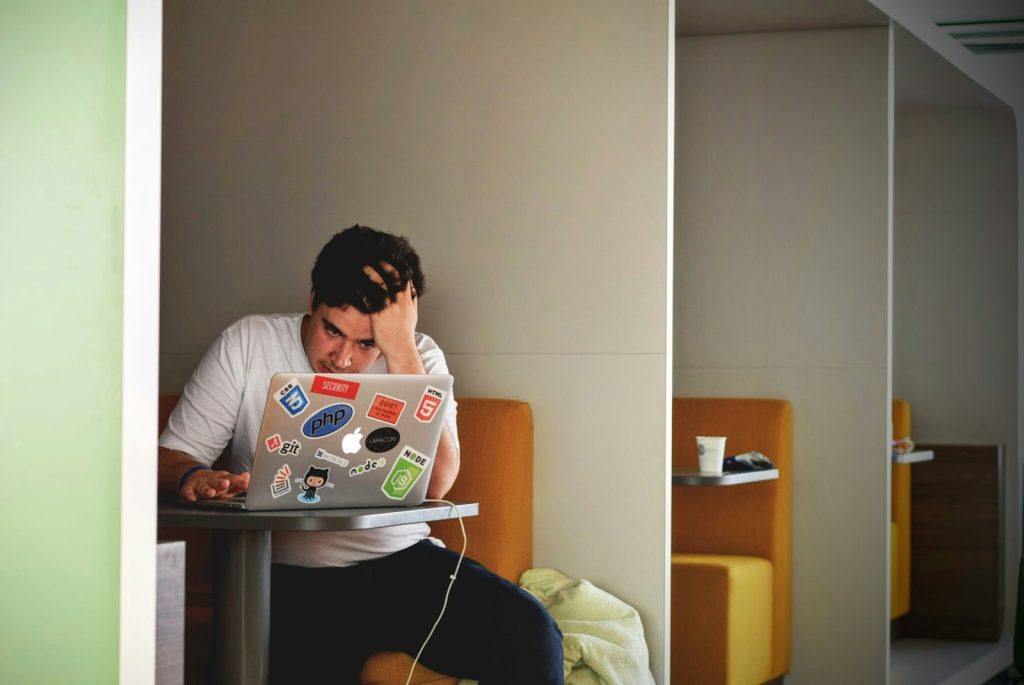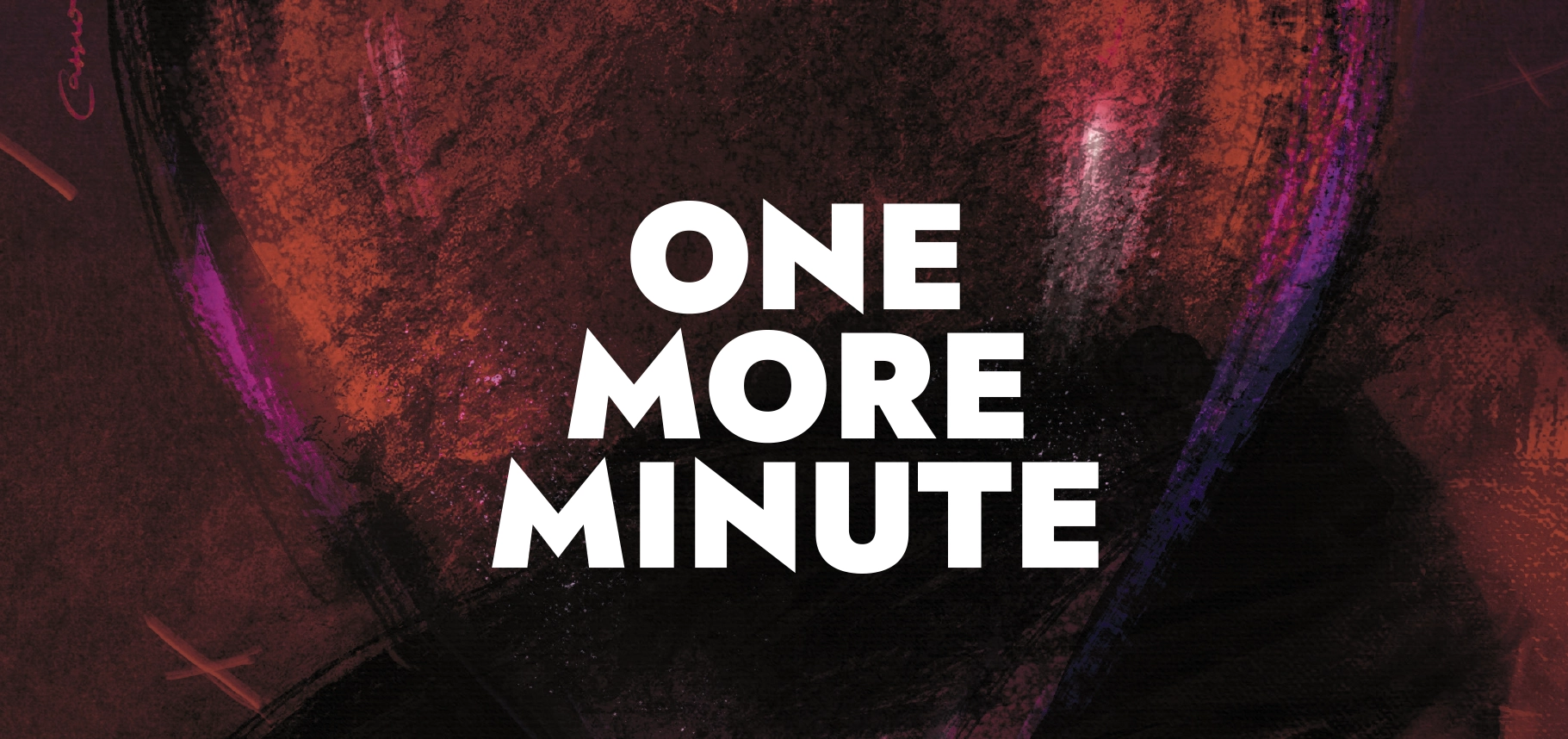Experiencing a creative block can be daunting for writers, artists, and creators across various fields. It’s that frustrating moment when inspiration seems elusive, and the flow of ideas comes to a halt. However, understanding the root causes of these blocks and implementing effective strategies can help reignite your creative spark.
Understanding Creative Blocks

Creative blocks can arise from various factors, including:
- Perfectionism: The pressure to produce flawless work can hinder the creative process.
- Fear of Failure: Anxiety about making mistakes may prevent experimentation and risk-taking.
- Overwhelmed: Managing multiple projects or ideas can lead to paralysis, making it difficult to focus.
- Lack of Inspiration: Monotony or a stagnant environment can stifle creativity.
Strategies to Overcome Creative Blocks

- Take a Break
Stepping away from your work can provide mental clarity. Engaging in activities like walking, exercising, or pursuing a hobby allows your subconscious to process ideas, often leading to breakthroughs upon return. This mental downtime enables your brain to form new connections without the pressure of active creation. - Establish a Routine
Consistency can train your mind to be creative at specific times. Dedicate regular periods to your creative endeavors, even if inspiration isn’t immediate. Over time, this routine can foster a conducive environment for creativity, signaling to your brain when it’s time to focus and produce. - Set Constraints
Imposing limitations can enhance creativity by providing clear parameters within which to work. This focus can reduce feeling overwhelmed and encourage innovative problem-solving. For instance, limiting your color palette or word count can push you to think more deeply about your choices and explore unconventional solutions. - Brainstorm Freely
Allow yourself to generate ideas without judgment. Techniques like mind mapping or free writing can help externalize thoughts and uncover new connections. By suspending criticism during the brainstorming phase, you open the door to unexpected ideas and associations that might be dismissed prematurely. - Change Your Environment
Altering your surroundings can stimulate fresh perspectives. Working in a different location or redecorating your space can rejuvenate your mindset and inspire new ideas. A new environment can break the monotony and provide novel stimuli that spark creativity. - Engage with a Creative Community
Interacting with fellow creatives can provide support and inspiration. Sharing experiences and challenges fosters a sense of community and can lead to collaborative solutions. Engaging in discussions, workshops, or group projects can expose you to diverse perspectives and techniques, enriching your own creative process. - Embrace Imperfection
Recognize that not every creation needs to be perfect. Allowing yourself to make mistakes can lead to unexpected discoveries and reduce the fear that often hampers creativity. Embracing imperfection encourages experimentation and learning, which are vital components of the creative process. - Explore New Experiences
Trying activities outside your comfort zone can spark inspiration. New experiences provide fresh material for your creative work and can break the monotony that leads to blocks. Whether it’s learning a new skill, traveling, or simply altering your daily routine, these experiences can offer new perspectives and ideas. - Practice Mindfulness and Relaxation
Techniques such as meditation can improve focus and reduce anxiety, creating a mental state conducive to creativity. Regular mindfulness practices can help manage stress and prevent burnout, allowing your mind the freedom to explore and generate ideas without pressure. - Seek Professional Guidance
If creative blocks persist, consulting with a professional, such as a therapist or coach, can provide personalized strategies to address underlying issues and restore creative flow. Professional guidance can help identify specific barriers and develop tailored approaches to overcome them, facilitating a return to productive creativity.
By implementing these strategies, you can navigate through creative blocks and continue to produce meaningful and innovative work. Let me know what works for you, whether it shows up on this list or not!
Slánte!
Recent Posts
Why The Creepy School Bus Is Your Next Must-Listen Audio Horror Series
What starts as a missed ride turns into a full-on nightmare. The Creepy School Bus is creepy, clever, and available now on all...
Murder in the Skies with Style: A Steampunk Whodunit Worth Boarding
A steampunk murder mystery delivered to your inbox. Murder on the Aerial Express blends classic whodunit with a bold digital-first reading experience....
Horror Spotlight: One More Minute by Oscar Bunnik
A haunting psychological thriller about grief, obsession, and the price of love. One More Minute will stay with you long after the final...



